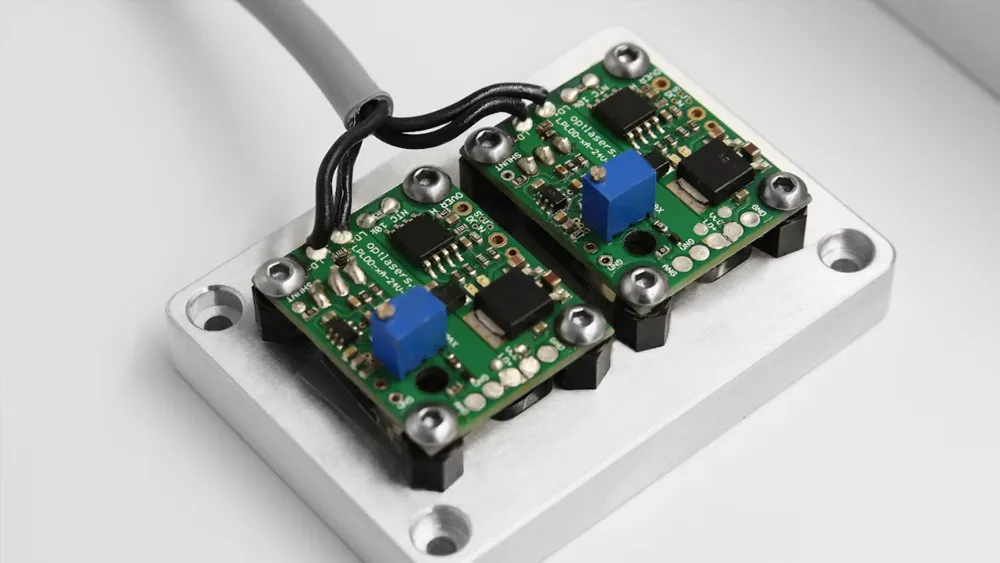
CE Certification Recognized by the EU
What is the CE Symbol? What is CE certification?
CE stands for "Conformité Européenne," officially known as ce marking. The ce marking certificate indicates that a product complies with EU laws and can circULate freely within the European market. By displaying the CE mark on a product, manufacturers declare that the product meets all legal requirements to obtain the CE Marking.
If you are researching CE MARKING, this guide is essential. Courtesy of China JJR Laboratory.
CE certification is also referRED to as the "trade passport" for products entering the EU market. Currently, many manufacturers face customs seizures or returns of their products by EU authorities due to the lack of a CE mark.

Applicable Scope
- Mandatory Countries:
The CE mark is compulsory for products in the following regions:
- EU member states: 28 countries
- EFTA countries: Iceland, Norway, Liechtenstein, and Switzerland
- Manufacturers and import/export companies of EEA products must also ensure CE marking compliance.
- Products Requiring CE Marking for Export to Europe:
- Implantable medical devices
- Gas-powered appliances
- Passenger cableways
- Eco-design-related products
- Electromagnetic compatibility (EMC)
- Equipment for potentially explosive environments
- Civil explosives
- Hot water boilers
- Refrigerators and household freezers
- In-vitro diagnostic medical devices
- Lifts
- Low-voltage electrical equipment
- Machinery
- Measuring instruments
- Medical devices
- Noise-emitting equipment for outdoor use
- Weighing instruments
- Personal protective equipment (PPE)
- Pressure equipment
- Pyrotechnic articles
- Wired and wireless communication terminal devices
- Yachts
- Safe toys
- Single-pressure equipment
- Products Exempt from CE Marking:
- CheMICals
- Textiles
- Food
Benefits of CE Marking
CE Marking certification offers numerous advantages:
- Facilitates easier market expansion within Europe, ensuring free circulation of products
- Guarantees product quality and safety
- Enhances brand reputation, product quality, and competitiveness
- Helps companies expand into export markets
Regulations for Affixing the CE Mark
The placement of the CE mark is strictly regulated by the European Union (EU). Labeling rules vary depending on the product category.
General Guidelines:
- The size of the CE letters can be increased or reduced, but the proportions must remain fixed.
- The CE mark must be placed vertically, with a minimum height of 5mm.
- The CE mark must not be obscured by other logos.
A product bearing the CE mark indicates compliance with European requirements and recognition by most countries worldwide. CE certification acts as a "commercial passport" to the European market and other regions such as the U.S., Malaysia, Australia, and Iran. After an audit organization reviews and confirms compliance with CE standards, it issues the ce certificate, allowing manufacturers to affix the CE mark to their products.
Steps to Register for CE Certification
A. Preparations for CE Audit:
The registration documents for product certification include:
- Application form: CE application form
- Organizational structure of the company
- Documents describing the technical characteristics of the product
- Production and quality control plans
- Equipment control plan for measurements and tests
- Laboratory test reports of typical samples (if available)
The audit organization ensures absolute confidentiality of the above information.
B. CE Audit Process:
Once the certification organization and the company agree on the audit requirements, the product certification process begins. The process involves:
1. Review and Confirmation:
- Evaluate the compliance and completeness of the registration application.
2. Preliminary On-Site Audit (optional):
- Conducted if requested by the company.
3. Formal Audit:
- Review production quality assurance conditions.
- Collect and review typical product samples.
4. Audit Report:
- Issue an audit report.
5. Certification Issuance:
- Issue the CE certificate.
6. Post-Certification Monitoring:
- Conduct monitoring audits every six months.
Audit Overview:
The audit process is generally conducted in two phases:
- First Audit:
The auditor documents a report of non-conformities and sends it to the company for corrective action.
- Second Audit:
After the company addresses the non-conformities, a second audit is conducted. If all corrections are satisfactory and no new issues arise, the certification organization issues the CE certificate.
Email:hello@jjrlab.com
Write your message here and send it to us
 Canada ISED Certification RSS-247 Standard Testing
Canada ISED Certification RSS-247 Standard Testing
 What Are the Product Compliance for Amazon Austral
What Are the Product Compliance for Amazon Austral
 Australia IoT Security Compliance
Australia IoT Security Compliance
 V16 Warning Light EU EN 18031 Cybersecurity Certif
V16 Warning Light EU EN 18031 Cybersecurity Certif
 Japan IoT Security JC-STAR Certification
Japan IoT Security JC-STAR Certification
 FCC SDoC Compliance Information Statement
FCC SDoC Compliance Information Statement
 What Does FCC SDoC Certification Mean?
What Does FCC SDoC Certification Mean?
 What is Bisphenol A (BPA) Testing?
What is Bisphenol A (BPA) Testing?
Leave us a message
24-hour online customer service at any time to respond, so that you worry!




